- Get link
- X
- Other Apps
The best way to keep your infant healthy is to keep him or her from being exposed. Your child can go to school if they feel OK and are not spreading the virus via coughing or sneezing.
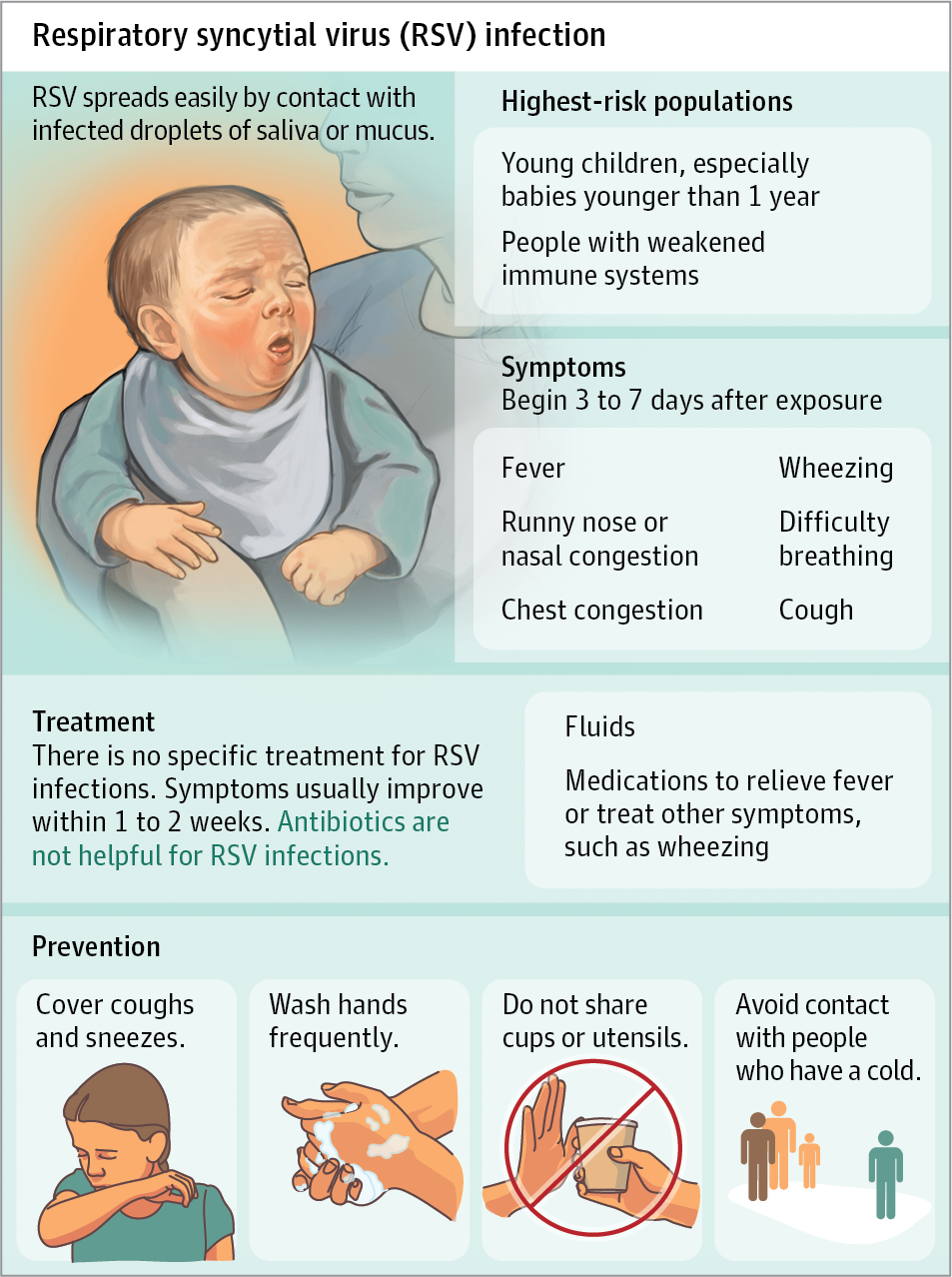 Respiratory Syncytial Virus Nursing Care Planning And Management
Respiratory Syncytial Virus Nursing Care Planning And Management
In fact RSV is so common that nearly all children get the infection by the time they reach 3 years old.
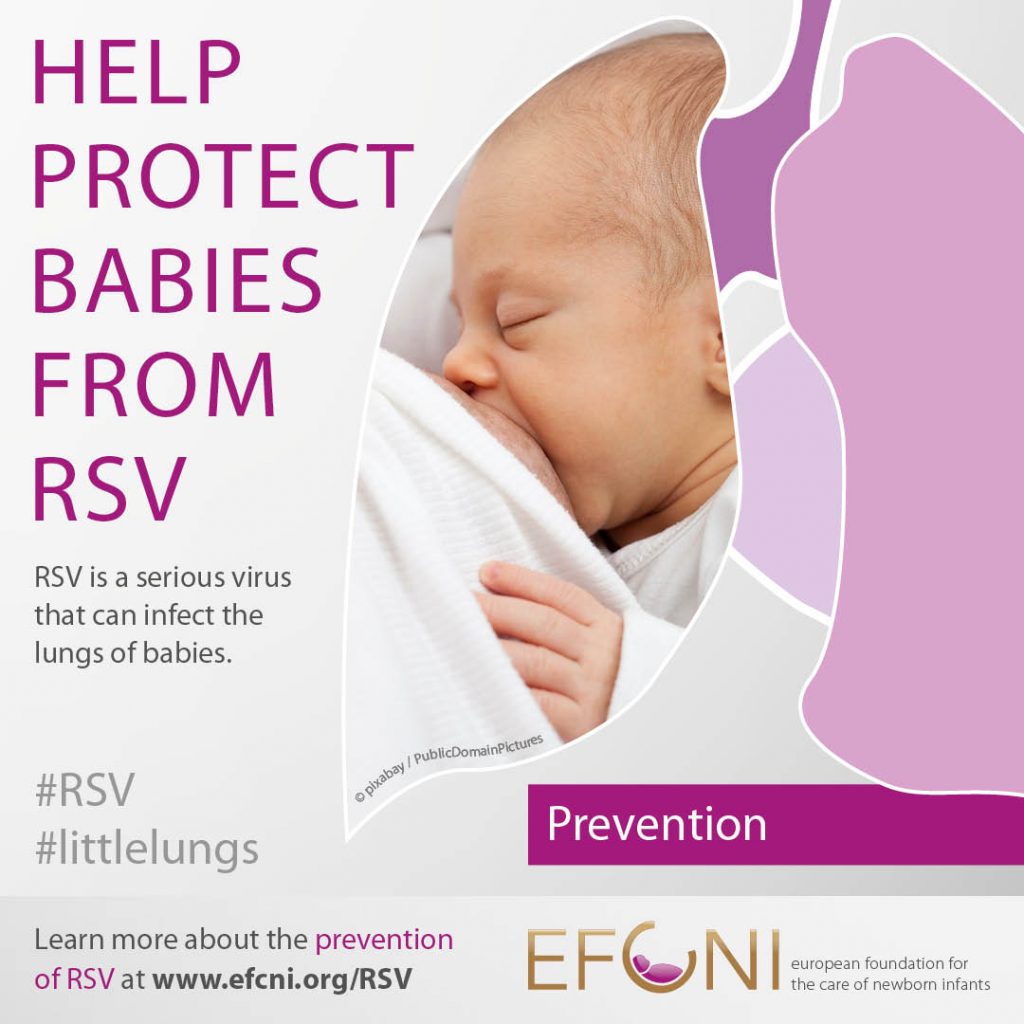
Rsv in infant. RSV is a viral illness that causes trouble breathing. This respiratory virus typically causes mild coldlike symptoms in older children and adults but it can lead to more serious problems in babies and young children. 8262019 RSV is the abbreviation for respiratory syncytial sin-SISH-uhl virus RSV.
10222020 RSV is a respiratory virus that spreads when someone with the virus on their hand touches another person. This is especially true for premature and other high-risk infants. Babies can also be re-infected with the virus.
Respiratory syncytial virus RSV is the most common cause of respiratory and breathing infections in children. What is respiratory syncytial virus RSV. Respiratory syncytial virus RSV is a common respiratory virus.
Typically RSV is seen in the community and peaks earlier than the flu. Frequent hand washing remains essential to preventing its spread and experts recommend that. 1232019 Respiratory syncytial virus RSV is a serious cause of respiratory infection that can affect people of all ages.
12182020 In very young infants with RSV the only symptoms may be irritability decreased activity and breathing difficulties. 1152004 In infants at high risk for RSV infection two options for RSV prophylaxis are available. RSV F protein nanoparticle vaccination in pregnant women did not meet the prespecified success criterion for efficacy against RSV-associated medically significant lower respiratory tract infection in infants up to 90 days of life.
For a smaller number of children the RSV infection may lead to bronchiolitis which may need medical care. Call your healthcare professional if you or your child is having difficulty breathing not drinking enough fluids or experiencing worsening symptoms. Young chronological age 12 weeks at the start of RSV season Premature or low birth weight infants especially those born before 29 weeks gestation Chronic lung disease of prematurity.
Palivizumab Synagis and intravenous RSV immune globulin. Almost all children will have had an RSV infection by their second birthday. Most babies have been infected at least once by the time they are 2 years old.
1142019 Those infants with a higher risk for severe RSV infection include. It affects the lungs and its bronchioles smaller passageways that carry air to the lung. Respiratory Syncytial Virus Vaccination during Pregnancy and Effects in Infants.
Luckily in most cases it will only cause cold-like symptoms. A babys airways arent as well-developed so a. Babies can also be re-infected with the virus.
RSV is one of the most common causes of childhood illness infecting most children by two years of age. Respiratory syncytial virus RSV is the dominant cause of severe lower respiratory tract infection in infants with the most severe cases concentrated among younger infants. This is different from adults who can sometimes get RSV infections and not have symptoms.
In most healthy people RSV may present as nothing more than a. 432021 RSV is most common in infants between 2 and 8 months of age. 1232020 RSV is a virus that causes acute respiratory tract infections in infants children and adults.
RSV is a common cause of bronchiolitis and pneumonia in children under one year old and may trigger symptoms in children with asthma. 12182020 Infants who get an RSV infection almost always show symptoms. It is more common in winter and early spring months.
In very young infants less than 6 months old the only symptoms of RSV infection may be. RSV is a seasonal contagious disease that spreads mostly during the fall winter and early spring. Apnea pauses while breathing.
RSV is a viral illness that causes trouble breathing. Most babies have been infected at least once by the time they are 2 years old. 1172020 Respiratory syncytial virus or RSV is a viral infection that can cause significant symptoms in infants under the age of 2 years old.
It is more common in winter and early spring months. However most infants who get the virus experience cold-like. But its most serious in babies.
RSV is the most common cause of lower respiratory tract infections in children younger than 1 year old.
 Mom S Warning About Rsv Is Personal
Mom S Warning About Rsv Is Personal
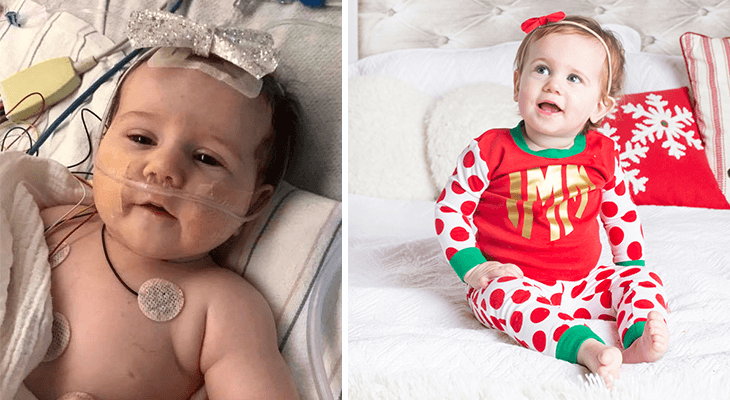 Rsv In Babies A Mother S Story Norton Children S Louisville Ky
Rsv In Babies A Mother S Story Norton Children S Louisville Ky
 Bronchiolitis And Rsv After Hours Kids Physician Assistants
Bronchiolitis And Rsv After Hours Kids Physician Assistants
 At Peak Rsv Season Do You Know What To Watch For
At Peak Rsv Season Do You Know What To Watch For
 Our Ambition To Improve Rsv Care For Infants Worldwide
Our Ambition To Improve Rsv Care For Infants Worldwide
 The 411 On Rsv And Your Child Tampa Bay Parenting Magazine
The 411 On Rsv And Your Child Tampa Bay Parenting Magazine
 Respiratory Syncytial Virus Rsv Efcni
Respiratory Syncytial Virus Rsv Efcni
/rsv-and-bronchiolitis-2632046-FINAL-42eb9e260b9244bda2ea7788172c7506.png) Signs And Symptoms Of Rsv And Bronchiolitis
Signs And Symptoms Of Rsv And Bronchiolitis
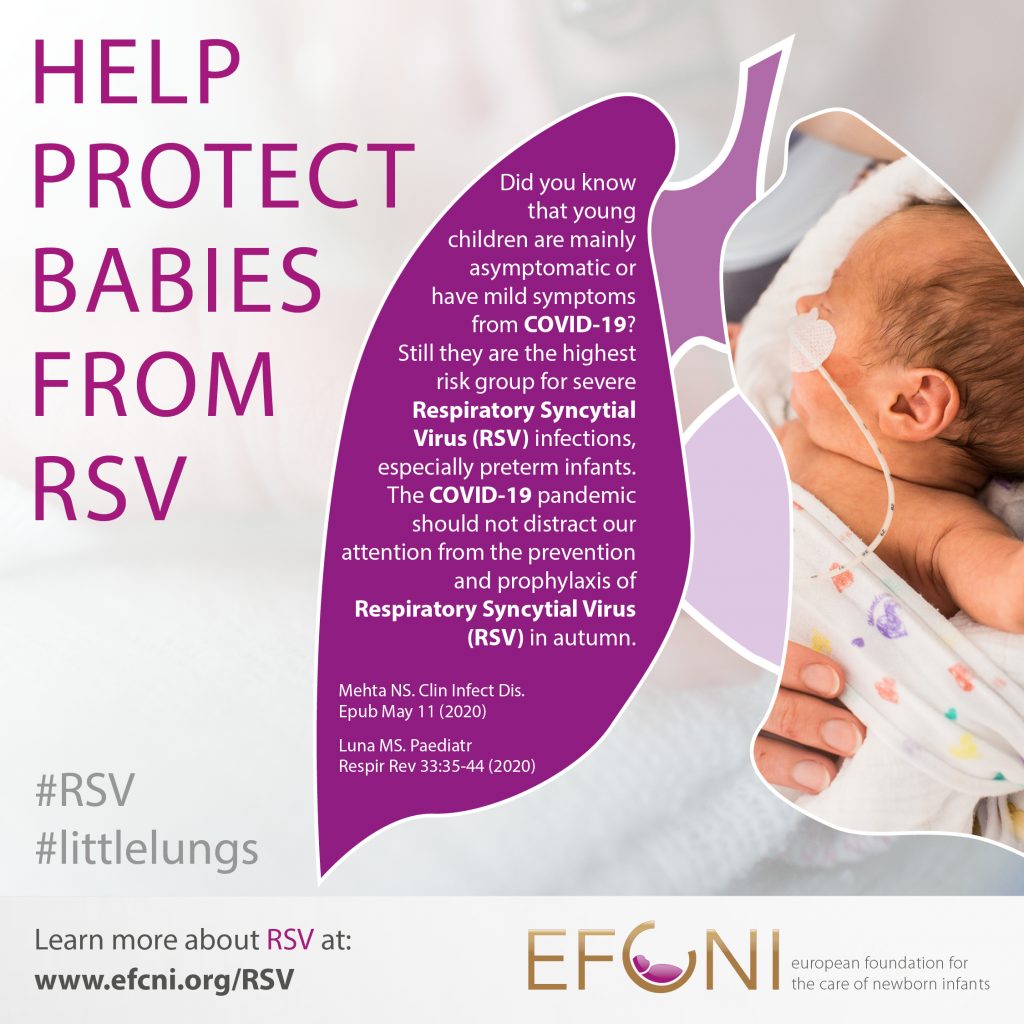 Respiratory Syncytial Virus Rsv Efcni
Respiratory Syncytial Virus Rsv Efcni
 News Anchor Shares Her Baby S Rsv Horror Story I Was Told Three Times It Was Just A Head Cold Parents
News Anchor Shares Her Baby S Rsv Horror Story I Was Told Three Times It Was Just A Head Cold Parents
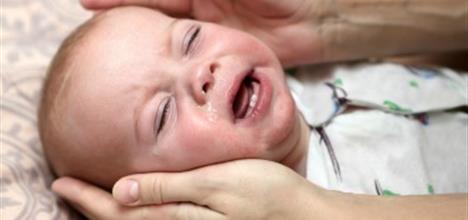 Rsv When It S More Than Just A Cold Healthychildren Org
Rsv When It S More Than Just A Cold Healthychildren Org
 Rsv In Babies Symptoms Treatment And When To See A Doctor
Rsv In Babies Symptoms Treatment And When To See A Doctor
 Symptoms Causes And Home Remedies For Rsv In Babies Sick Baby Remedies Sick Baby Pediatric Nursing
Symptoms Causes And Home Remedies For Rsv In Babies Sick Baby Remedies Sick Baby Pediatric Nursing

Comments
Post a Comment